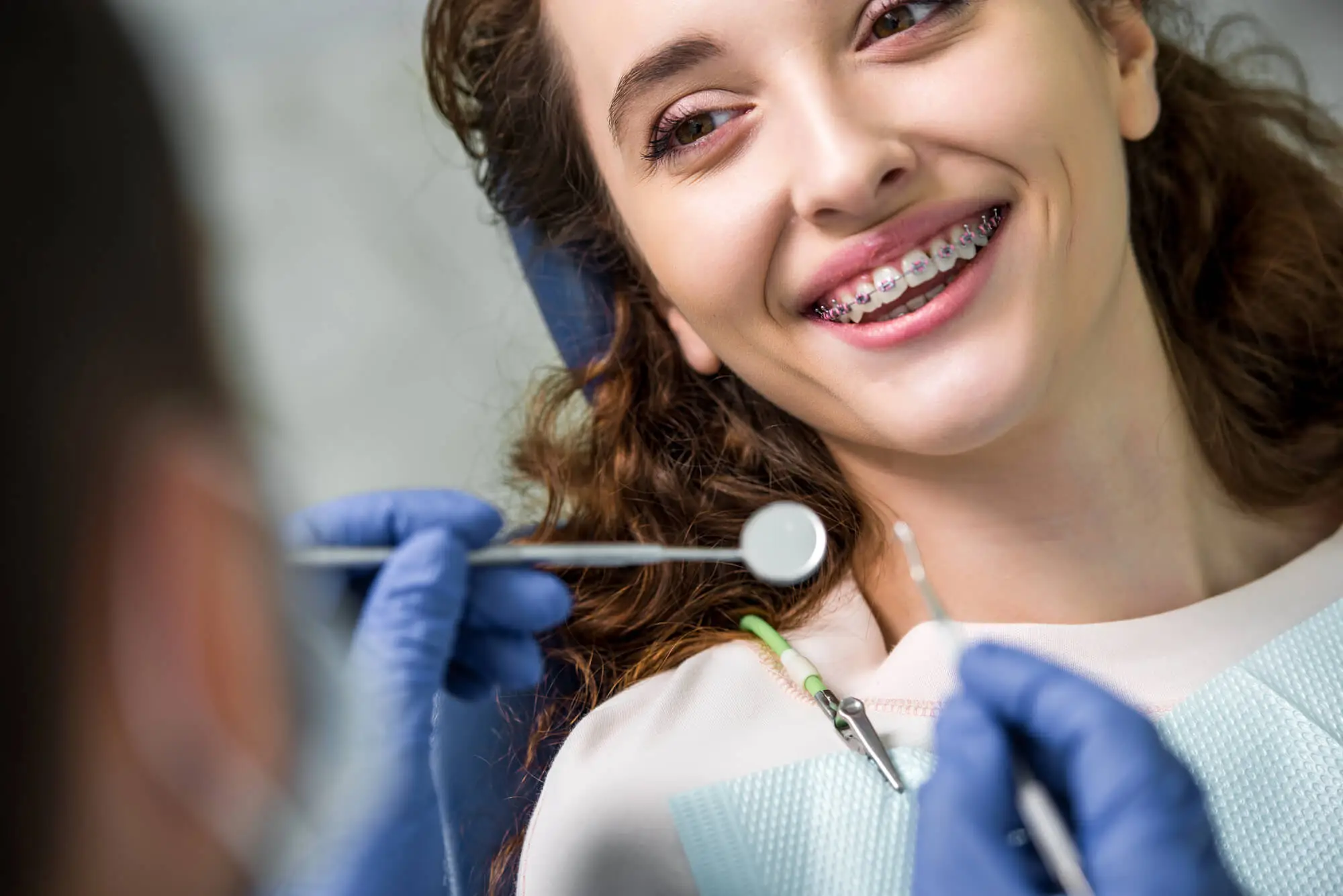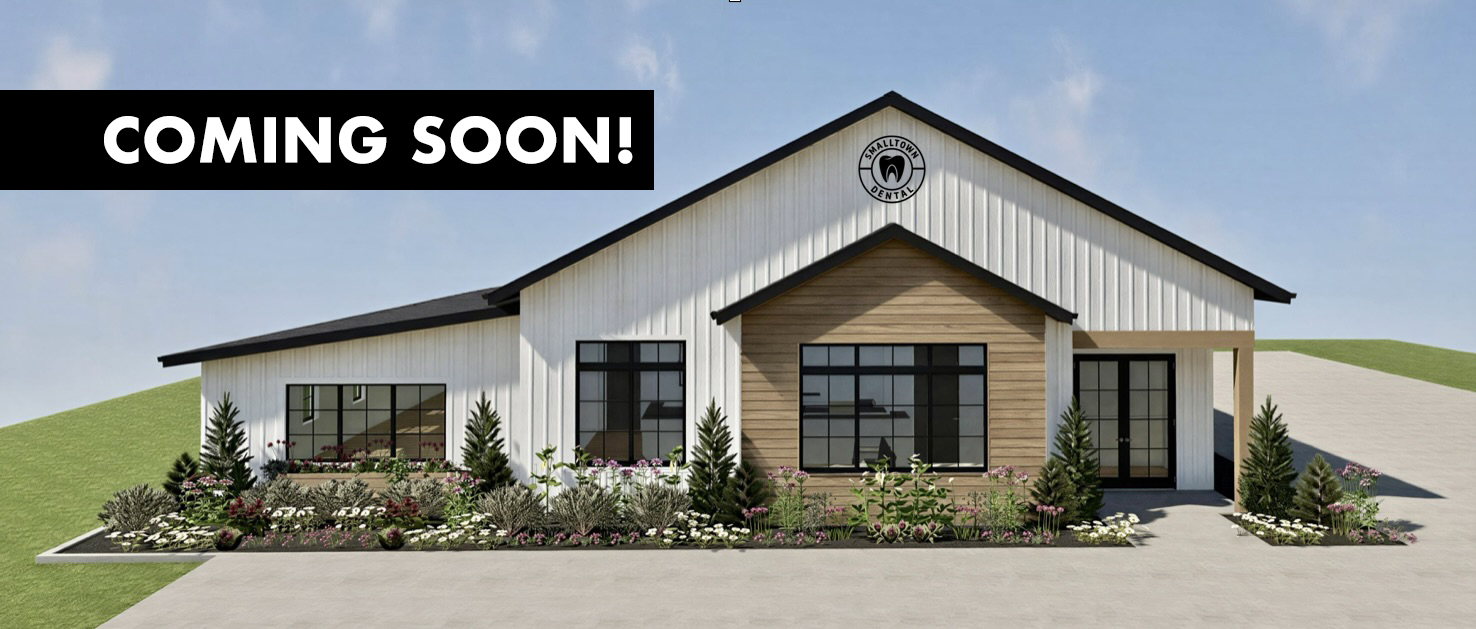Hits or injuries to the face are beyond troublesome: they can be scary. From the fear of a concussion to the uncomfortable bruising that happens afterwards, recovering from a facial injury is a lengthy and tricky process. Even months after, when external scars are completely healed, constant jaw pain can have you calling the family dentistry in Willow Knolls, IL, for much-needed relief.
If you've experienced jaw popping, clicking, or pain after an injury, you may have temporomandibular joint disorder (TMD). This common but painful condition can severely impact your daily life.

What Is TMD?
Temporomandibular joint disorder, or TMD, refers to conditions that affect the TMJ and surrounding muscles. The temporomandibular joint (TMJ) connects your jawbone to your skull and plays a critical role in chewing, speaking, and facial movement.
When this joint becomes injured or inflamed, it can lead to a range of symptoms, such as:
- Jaw clicking or popping during movement
- Pain when opening or closing the mouth
- Headaches or earaches
- Difficulty chewing
- Facial pain or pressure
- Limited jaw mobility or lockjaw
These can appear immediately after the injury, but they may also gradually emerge and worsen over time.
Why Can Injuries Lead to TMD?
While TMD can develop gradually due to stress, teeth grinding, or arthritis, it is also commonly triggered by physical trauma—such as a car accident, sports injury, or direct blow to the face or jaw.
Common injury-related causes of TMD include:
A Heavy Blow to the Jaw or Side of the Head
Impact from a fall, collision, or assault can directly affect the alignment and function of the TMJ.
Whiplash Injuries
Even if your jaw isn’t struck directly, the force from a whiplash event can strain or stretch the TMJ and surrounding muscles.
Overextension of the Jaw
Sometimes, TMD symptoms appear after activities that force the jaw open wider than normal—like during dental procedures or sports injuries.
Why Early Diagnosis Matters
If you’ve had any of these types of trauma and now notice jaw popping, stiffness, or discomfort, it’s time to consider a TMJ evaluation.
Many people dismiss jaw popping as harmless, but ignoring early signs of TMD can lead to chronic pain or permanent joint damage. Seeking care early gives you access to more conservative and effective treatment options.
During the TMJ evaluation, the dentist will assess the movement of your jaw and bite alignment while inquiring about your medical and injury history. We may also use imaging (such as X-rays or 3D scans) to get a clear image of your joint structure.
This will help us assess the state of the damage and determine the best course of treatment to help you recover your oral health.
What Are Some Treatment Options for TMD?
The good news is that many cases of TMJ disorders are temporary. In these situations, our main goal is to relieve any discomfort you’re experiencing. Common treatments include:
- Custom nightguards to prevent grinding and support jaw alignment
- Physical therapy to improve mobility and reduce inflammation
- Medication for short-term pain and muscle relief
- Lifestyle changes, like posture correction and stress reduction
Surgery is typically only considered when conservative treatments fail.

Find a Family Dentistry in Willow Knolls, IL, Experienced in TMD Management
Injuries are one of the leading causes of TMD. Trauma can displace the joint, damage surrounding ligaments, or inflame the tissues, leading to long-term dysfunction.
If you're experiencing jaw discomfort after an injury, don’t wait for symptoms to worsen. Smalltown Dental offers advanced TMJ evaluations and personalized treatment plans. Contact us today to schedule your consultation and protect your smile and comfort for years!








.webp)








